Why is competition between institutions usually viewed in a negative light, when competition is considered positive in most other economic contexts? The contributors to this volume introduce new perspectives on this issue, analytically and empirically exploring reasons for this perception.
Negative assessments of institutional competition emphasize that such competition may lead to a race to the bottom in terms of eroding government revenues, redistributing wealth from workers to capitalists, and limiting democracy by forcing politicians to prioritize international investment capital rather than working for their voters. In this volume, however, many of the essays draw attention to the positive learning and information effects. The contributors conclude that competition may actually lead to institutions becoming more efficient in allocating resources.
Students and scholars of economics, political economy, international relations and political science will find the book’s non-traditional take on institutional competition a must-read, as will policy analysts and those with an interest in taxation and welfare states.



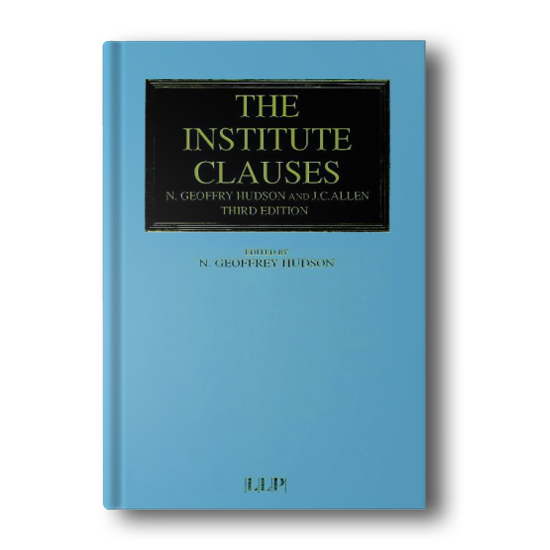
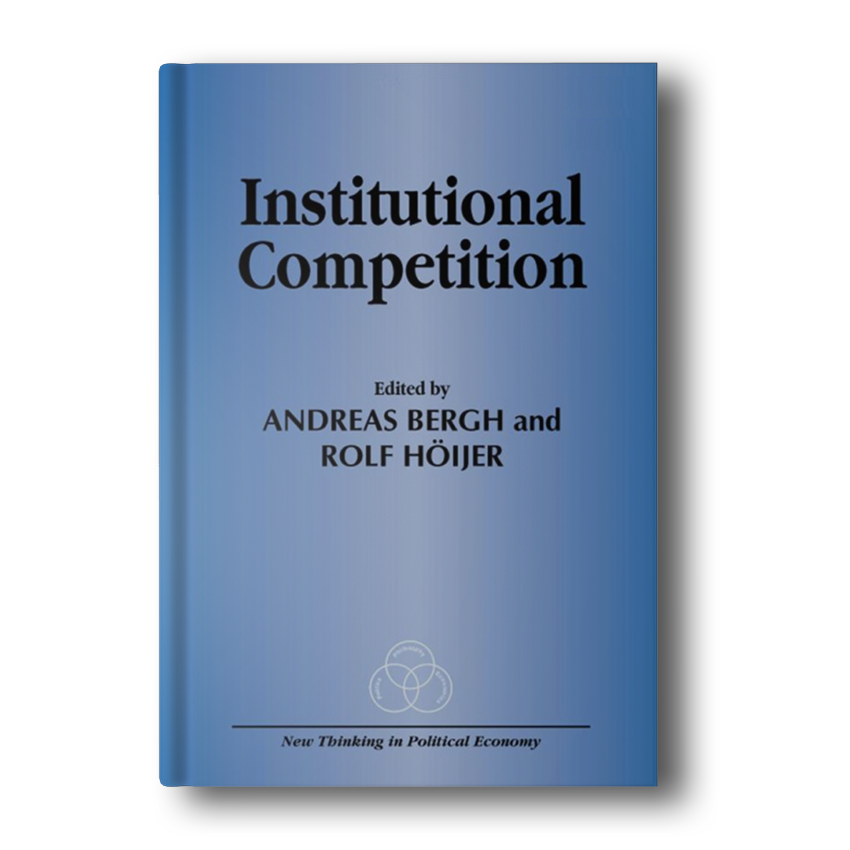
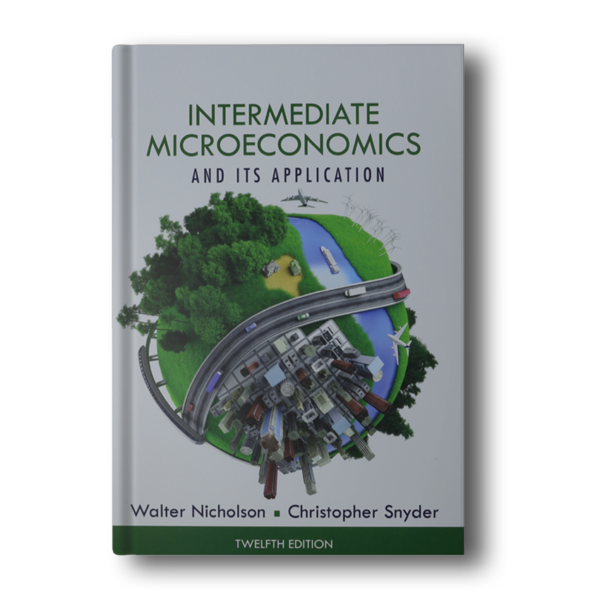
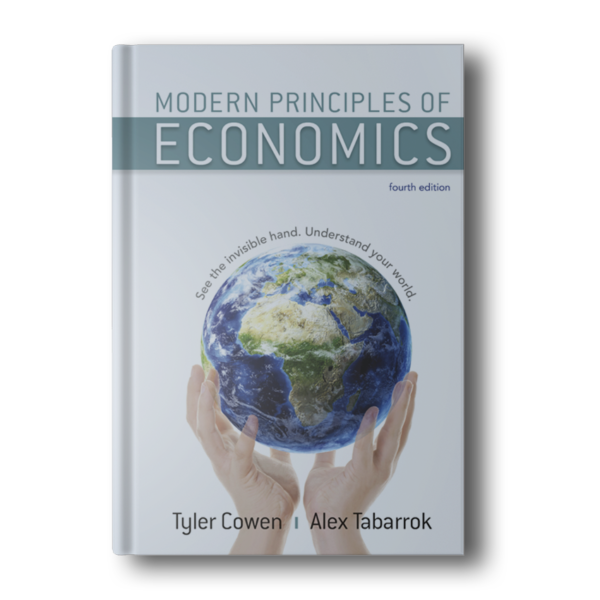




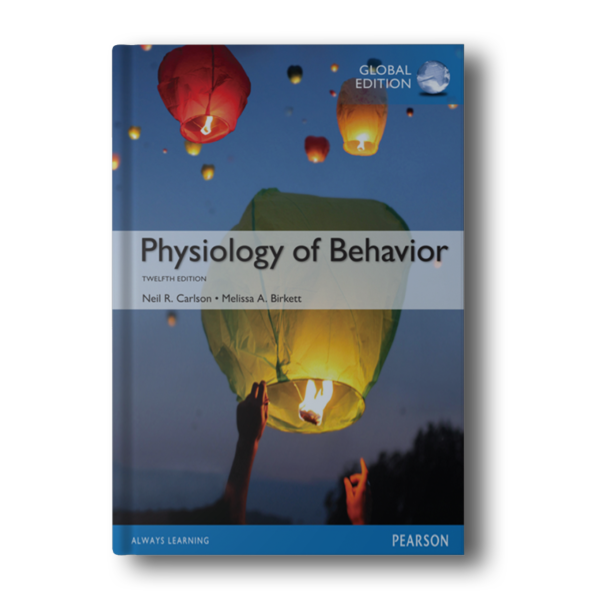



Reviews
There are no reviews yet.